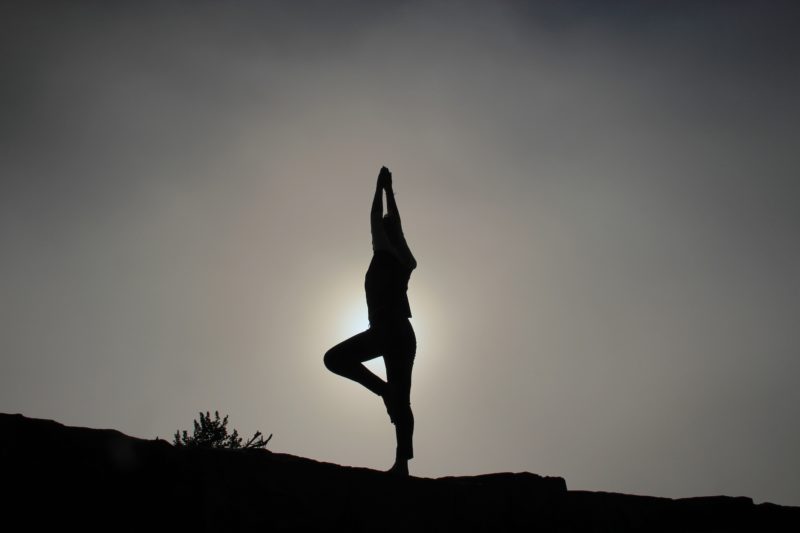
Holistic rehab involves treating your body as well as your mind. Through the practice of yoga, people in recovery from addiction can develop self-discipline, inner peace, bodily strength, and more.
The Benefits of Yoga
People who are living with an addiction have biological changes in their brains that affect their motivational priorities. Yoga, however, trains a person to attune themselves to bodily based cues for more mindful responses.
- Mood regulation: Often, people engage in addictive behavior to regulate mood. Being able to manage bouts of depression, anxiety, or fatigue in a healthy way means less of a temptation to turn to alcohol or drugs.
- Stress hormone modulation: Cortisol and adrenaline are stress hormones, and they are often association with substance abuse, as well as anxiety, depression, and PTSD. Yoga can help balance out stress levels which, when they get chronically high, could otherwise lead people to seek comfort from substances.
- Strength building: Whether people practice beginner, intermediate, or advanced yoga, taking the time to build this practice into each day builds physical strength and endurance. Series of poses and holds invite the body to rely on itself to stand tall and strong and steady.
Besides stress relief and increased stamina, yoga offers many other benefits:
- Quiet time for self-awareness
- Improved self-confidence
- Increased energy levels
- Pain relief
- Better sleep
- Emotional healing
- Overall improvement in health and wellness
Holistic rehab centers use yoga to help reduce withdrawal symptoms, minimize drug cravings, and help prevent relapse. The triggers that existed outside of rehab will still be there upon the completion of treatment. Yoga is a healthy outlet and set of skills that a person can take along into a life of recovery.
Yoga: The Natural Form of Medicine
People in recovery can learn to sit quietly with their own thoughts and use the breath to calm the body and experience comfort and peace. Even people at a holistic rehab center who have not taken good care of their bodies or who have never done yoga can complete basic, beneficial yoga postures.
The goal, above all, is to give those in recovery the skills to tolerate uncomfortable feelings that can arise and, instead of pushing them to drugs or alcohol, give them the power to develop a positive relationship with physical sensation. Addiction takes a person out of their body, so they don’t have to feel what they’re feeling. Instead of numbing themselves to avoid what they don’t want to think about, yoga is a gentle reintroduction of physical sensation that is also relaxing so the practitioner can face each sensation head on, calmly and at peace with themselves.
In recovery, after detox, the feelings will come. The emotions will be wide-ranging, both positive and negative, but typically include anxiety, depression, stress, and worry lead the charge. With yoga, it’s possible to stay grounded and relaxed even in amid managing uncomfortable emotions.
Yoga: The Natural Path to Meditation
Yoga is also a natural pathway to meditation, a supremely helpful tool in recovery. Many people in recovery are challenged by the notion that they can reach a transcendental state or escape from their demons through the power of their own mind alone without substances, but yoga is a teacher that shows a person how to sit quietly and calmly with their thoughts, empty their minds, and just be.
Holistic rehab facilities pay attention to not only mental rehabilitation but the physical needs of a person in recovery, and that includes exercise. Developing a healthy and sustainable yoga practice and routine lends itself to a substance-free lifestyle and offers opportunities to develop connections with like-minded people who are practicing the same kind of healthy living and avoiding toxic behaviors.
Learn more about the holistic treatments at Beachside Rehab by contacting our trained admissions counselors at 866-349-1770.
